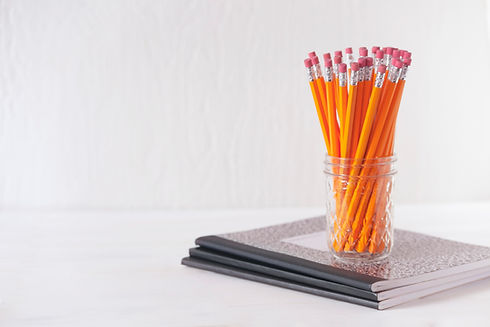Math
Multiplication and Division
*Interpret a multiplication equation as a comparison,
*Multiply or divide to solve word problems involving multiplicative comparison, by using drawings and equations with a symbol for the unknown number to represent the problem,
*Solve multistep word problems posed with whole numbers and having whole-number answers.
*Find all factor pairs for a whole number in the range 1-100. Recognize that a whole number is a multiple of each of its factors.
*Generate a number or shape pattern that follows a given rule.
Place Value
*Recognize multi-digit whole number by applying concepts of place value and division.
*Read and write multi-digit whole numbers.
*Compare two multi-digit numbers based on meanings of the digits in each place.
*Use place value understanding to round multi-digit whole numbers.
* Fluently add and subtract multi-digit whole numbers using the standard algorithm.
*Multiply a whole number of up to four digits by a one-digit whole number, and multiply two two-digit numbers, using strategies based on place value and the properties of operations.
*Find whole-number quotients and remainders with up to four-digit dividends and one-digit divisors, using strategies based on place value.
Fractions
*Explain why a fraction is equivalent to a fraction.
*Compare two fractions with different numerators and different denominators.
*Understand addition and subtraction of fractions. -Understand addition and subtraction of fractions.
-Add and subtract mixed numbers with like denominators
-Solve word problems involving addition and subtraction of fractions.
-Apply understandings of multiplication to multiply of a fraction.
- Solve word problems involving multiplication of a fraction by a whole number.
-Express a fraction with denominator.
Decimals
- Use decimal notation for fractions with denominators.
- Compare two decimals to hundredths.
Measurement
- Know relative sizes of measurement units.
- Use the four operations to solve word problems using measurement.
-Represent measurement quantities using diagrams.
- Apply the area and perimeter formulas for real world and mathematical problems.
- Make a line plot to display a data set of measurements. -Solve problems involving addition and subtraction of fractions by using information presented in line plots.
Geometry
- Recognize angles as geometric shapes.
-Measure angles in whole-number degrees using a protractor.
- Draw points, lines, line segments, rays, angles and perpendicular and parallel lines.
-Identify line-symmetric figures and draw lines of symmetry.


Reading
*Increased text complexity and growth of comprehension.
*Refer to details and examples when inferring information from text.
*Determine the meaning of words and phrases.
*Explain different meanings of words when reading different genres.
*Compare and contrast different views.
*By the end of the year read literature at the 4/5 grade level.
*Use phonics and decoding skills.
*Read with accuracy and fluency.
Writing
*Write opinion pieces supporting a point of view.
Provides reasons that are supported by fact.
Provide a concluding statement.
*Write informative text to examine a topic.
*Write narratives to develop a real or imagined experience.
Produces writing that is clear and coherent and appropriate to the audience.
Uses technology with a significant command of keyboarding skills.
*Research Project


Speaking and Listening
*Engage in collaborative discussions.
*Paraphrases information.
*Identify key information being presented.
*Report on a topic- speaking clearly.
*Add audio recordings and visuals displays.

Language: Conventions, Effective Use and Vocabulary
*Demonstrate command of convention
use of grammar.
*Produces complete sentences.
*Use knowledge of language when writing speaking or listening.
*Uses phrases to convey ideas precisely.
*Use context as a clue for meaning.
Consult reference materials to find pronunciation.
*Demonstrate understanding of figurative language.
